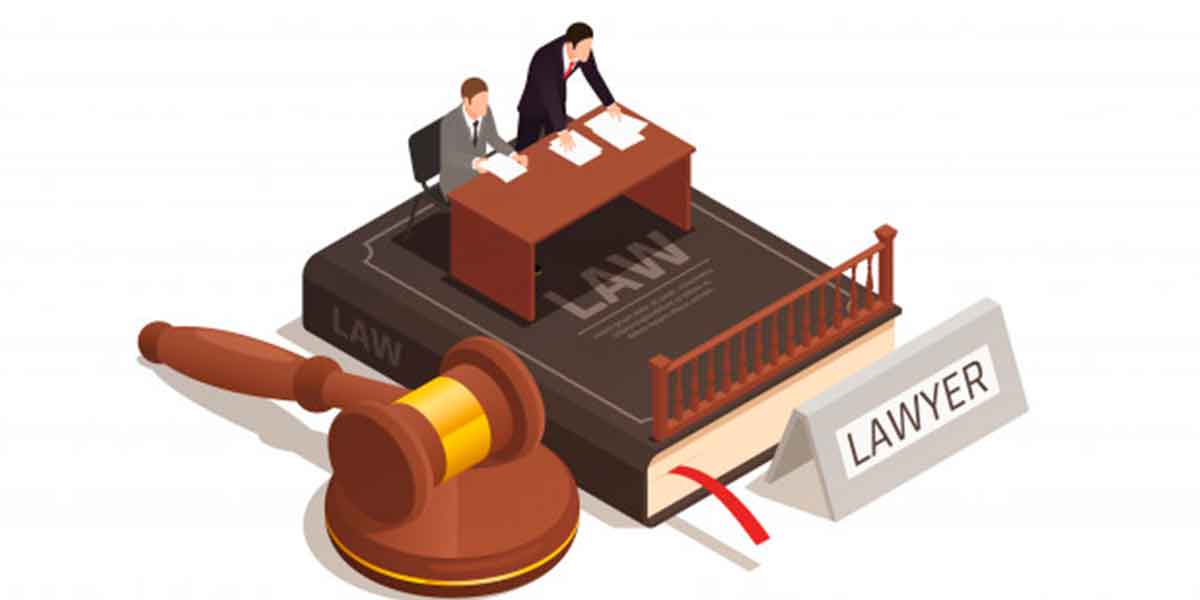When it comes to fulfilling the responsibilities of estate executors, the wisdom of seeking guidance from a probate lawyer is often emphasized. Estate executors must carefully consider whether legal assistance from knowledgeable attorneys well-versed in state laws and probate proceedings is necessary to effectively close an estate.
It is worth noting, however, that not all executors are obligated to delegate probate responsibilities to lawyers or engage their services for limited advice. In simpler terms, if the estate being managed does not entail significant assets or a complex structure, the involvement of a probate lawyer may not be obligatory.
The Role of a Probate Lawyer in Estate Planning
The journey of estate planning and the expertise of a probate lawyer are closely intertwined. While a Will plays a pivotal role in the estate planning process, a comprehensive strategy is essential for safeguarding assets beyond one’s lifetime.
Estate planning encompasses more than just Will execution; it involves additional measures such as power of attorney, advance directive, and medical power of attorney. In cases of intricate estates, establishing trusts to mitigate state and federal estate taxes becomes imperative. Trusts also offer control over how beneficiaries utilize and invest assets post the decedent’s demise.
The involvement of a probate attorney is vital in such instances, as these professionals possess in-depth knowledge of state laws governing trusts. By offering tailored advice on estate planning, probate lawyers assist clients in crafting plans that align with their unique needs.
How a Probate Lawyer Can Aid in Estate Planning
While it is feasible to navigate several estate planning steps independently, seeking legal counsel is advisable for certain aspects. For instance, overlooking the guidance of a probate lawyer when drafting a Will may result in unforeseen repercussions.
Inadequate planning could lead to complications for both the individual and their loved ones. Consulting a lawyer on estate matters ensures the legacy of a lifetime’s work remains safeguarded posthumously.
The Importance of Legal Assistance during Probate
In the absence of a structured estate plan, navigating the probate process becomes inevitable. At such junctures, enlisting the support of a probate lawyer is crucial. Probate proceedings are intricate and burdensome, involving court appearances, legal jargon comprehension, and meticulous documentation completion.
This arduous process can overwhelm the inexperienced, especially amidst the emotional strain of dealing with a loved one’s passing. Timely resolution of probate can take anywhere from eight to twelve months, with inaccuracies in filed documents further stalling asset distribution. Hence, engaging a probate lawyer is imperative to streamline the process.
Advantages of Retaining an Experienced Lawyer
Engaging a probate lawyer streamlines the document review and acquisition process, sparing individuals the inconvenience of navigating multiple locations for paperwork. By entrusting a competent attorney with the legalities, individuals can circumvent courtroom visits, as the lawyer manages proceedings on their behalf.
Key services offered by a probate lawyer during estate planning include:
-Locating all assets, probatable and non-probatable, of the deceased.
-Obtaining accurate valuations for estate properties and assets.
-Assistance with estate property sales.
-Seeking court permissions for necessary actions in compliance with probate laws.
-Management of asset distribution post-settlement of the deceased’s debts.
While estate planning can proceed without a probate lawyer, retaining one ensures meticulous execution and peace of mind throughout the process.




